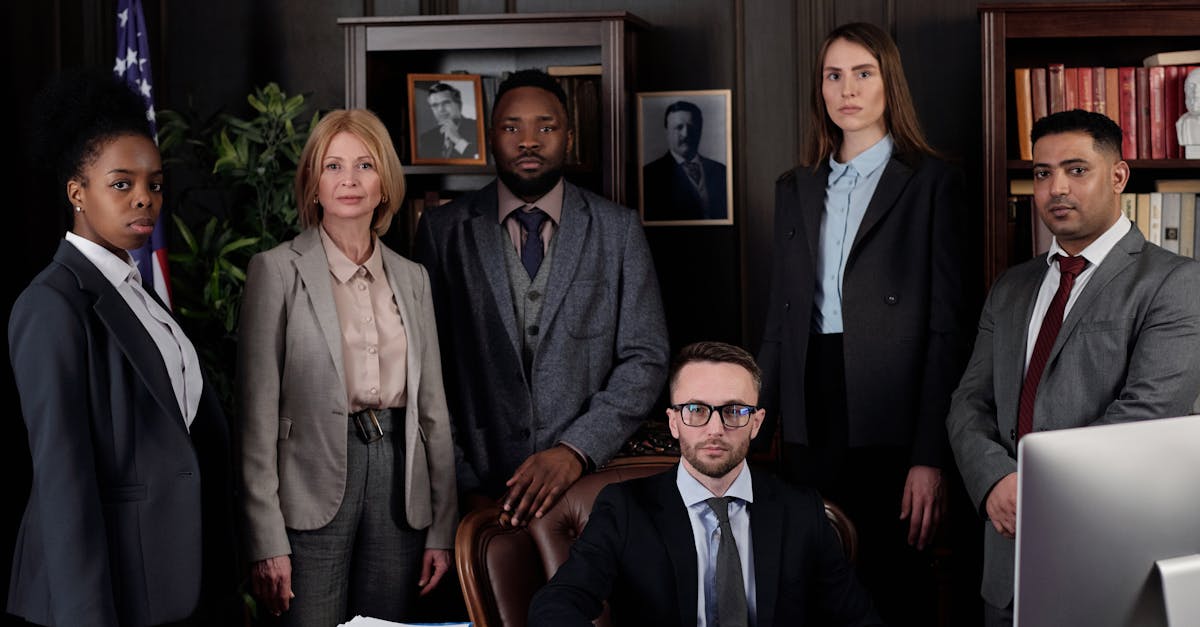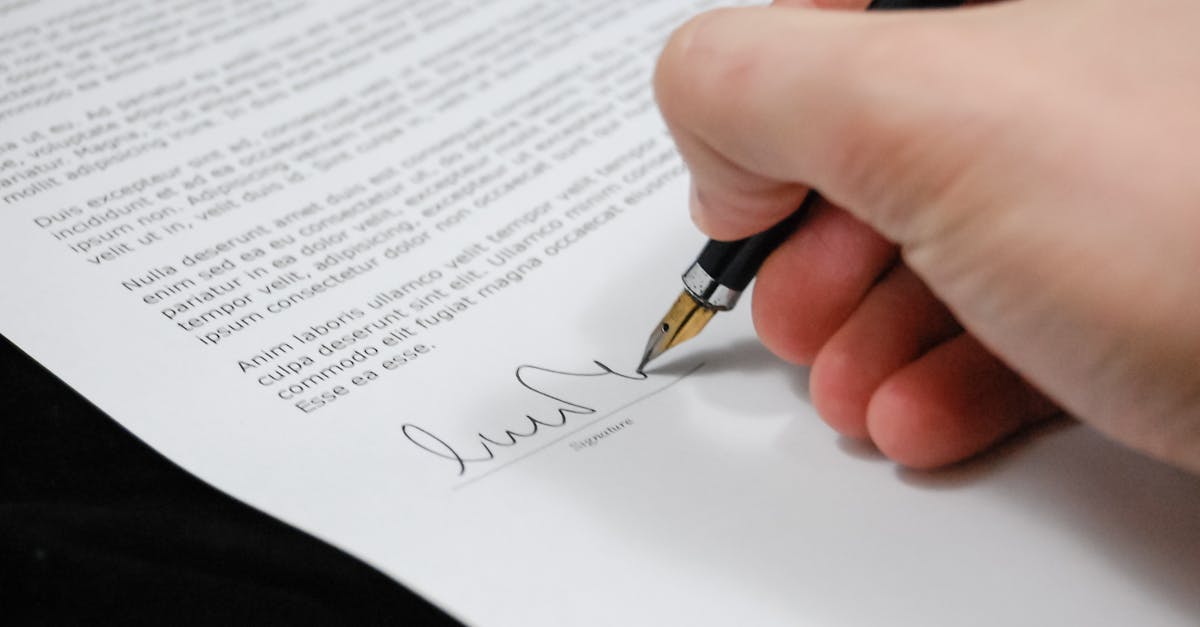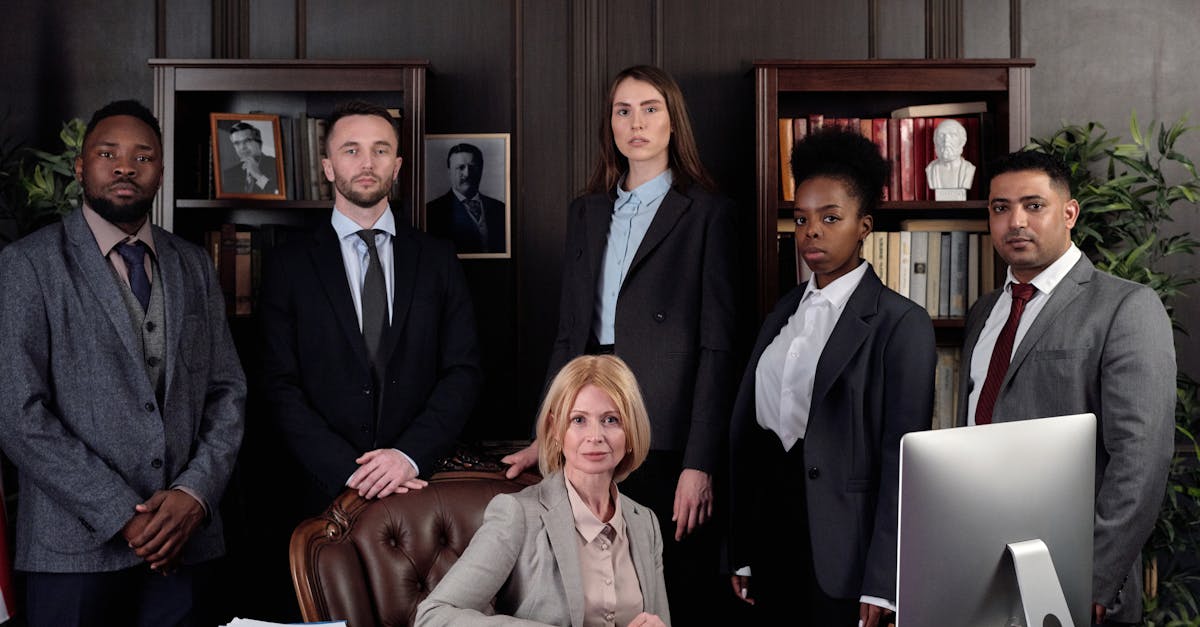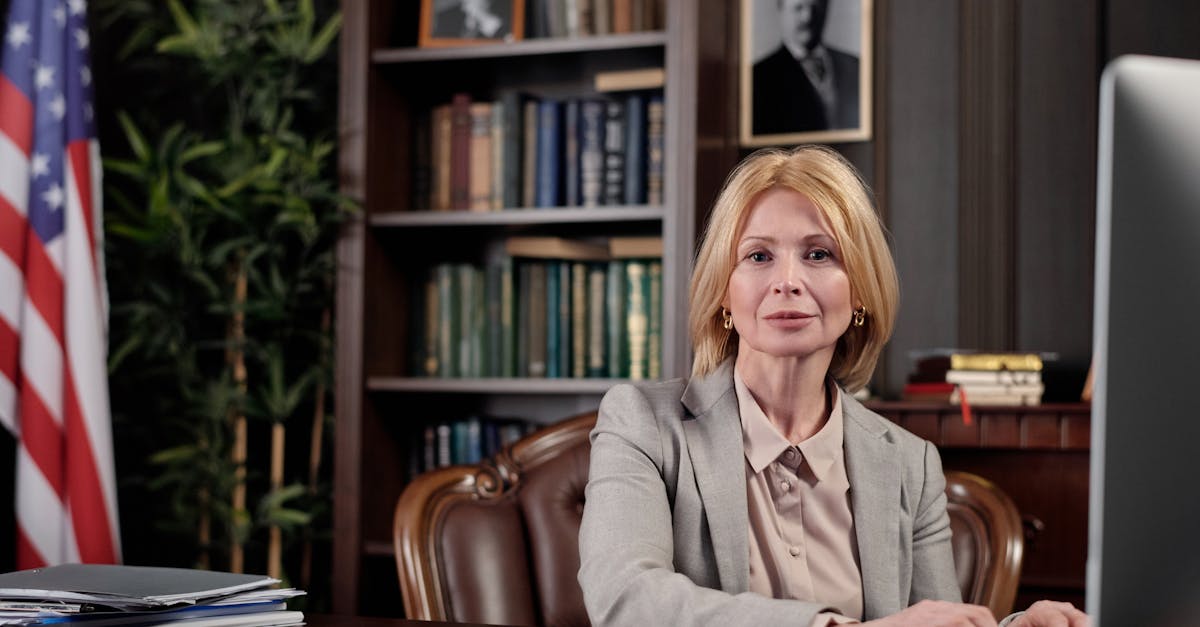
Representing clients in court
Table Of Contents
At San Diego Lawyers, our team of experienced attorneys is dedicated to representing our clients in court with professionalism and expertise. We understand that facing a legal dispute can be overwhelming, which is why we strive to provide top-notch legal representation to achieve the best possible outcome for our clients. Whether you are facing criminal charges, dealing with a civil lawsuit, or need help navigating a family law matter, our skilled lawyers are here to advocate on your behalf in the courtroom. With our knowledge of the law and commitment to serving our clients’ best interests, you can trust San Diego Lawyers to handle your case with the care and attention it deserves.
Handling Adverse Witnesses
When faced with adverse witnesses in court, maintaining a composed and professional demeanor is paramount. It is crucial to listen attentively to their statements and adopt a respectful and courteous approach in cross-examination. By remaining calm and collected, you not only demonstrate your professionalism to the judge and jury but also create a more favorable impression.
Furthermore, it is essential to meticulously review the witness statements and evidence beforehand to identify inconsistencies or contradictions in their testimony. Utilizing these discrepancies during cross-examination can help discredit the witness's credibility and strengthen your case. By asking pointed questions and presenting contradictory evidence, you can effectively challenge the adverse witness's narrative and sway the court in your client's favor.
Maintaining Composure and Professionalism
Maintaining composure and professionalism in the courtroom is paramount for all lawyers. It is crucial to remain calm and collected even in the face of challenging circumstances. Displaying professionalism not only showcases your competence as a lawyer but also earns respect from the judge, jury, and opposing counsel. Remember, your demeanor and how you handle yourself can greatly influence the outcome of the case.
Additionally, maintaining composure during intense courtroom scenarios showcases your ability to think rationally and make sound judgments. By keeping emotions in check, you are better equipped to present your case effectively and persuasively. Clients rely on their lawyers not only for legal expertise but also for guidance and support during stressful litigation. Therefore, remaining composed under pressure not only benefits your professional reputation but also instills confidence in your clients.
Utilizing Legal Precedents
Legal precedents play a crucial role in shaping legal arguments and presenting a strong case in court. By referring to past court decisions that are similar in nature to the current case, lawyers can draw upon established rulings to support their client's position. This practice not only adds credibility to the argument but also demonstrates a deep understanding of legal principles.
Utilizing legal precedents effectively requires thorough research and analysis by the lawyer. By studying how previous cases were decided and understanding the reasoning behind those decisions, a lawyer can strategically apply relevant precedents to strengthen their client's case. This approach can help anticipate potential counterarguments from the opposing side and proactively address any weaknesses in the argument.
Leveraging Past Court Decisions
Leveraging past court decisions can be a valuable strategy for lawyers to enhance their argumentation and strengthen their case. By referring to legal precedents and previous rulings that align with the current case, attorneys can provide a solid foundation for their arguments and demonstrate consistency in legal interpretation. When utilized effectively, past court decisions can help lawyers anticipate potential counterarguments and present a more compelling case to the judge or jury.
Moreover, leveraging past court decisions can establish credibility and authority in the courtroom. By showcasing a deep understanding of the legal landscape and demonstrating how previous cases have set a precedent for the current one, lawyers can build a persuasive narrative that supports their client's position. This approach not only bolsters the legal argument but also showcases the lawyer's proficiency in navigating complex legal matters and utilizing established legal principles to advocate for their client effectively.
Negotiation and Settlement Skills
Negotiation skills are a vital component of a lawyer's toolkit when representing clients in court. When it comes to settling a case, lawyers must navigate the complexities of legal proceedings to achieve the best outcome for their clients. Effective negotiation involves balancing the client's interests with the legal parameters of the case to reach a mutually agreeable settlement.
Settlement skills also require a keen ability to find common ground for resolution. Lawyers must be adept at identifying areas of compromise and capitalizing on opportunities to achieve a favorable outcome for their clients. By leveraging effective communication and persuasive techniques, lawyers can work towards a settlement that serves their client's best interests while upholding legal standards and ethical considerations.
Finding Common Ground for Resolution
When it comes to finding common ground for resolution in court cases, lawyers play a crucial role in facilitating negotiations between the parties involved. Communication skills are essential in this process as they help lawyers understand the needs and concerns of both sides. By actively listening to their clients and the opposing party, attorneys can identify areas where compromises can be made to reach a mutually beneficial agreement. Additionally, lawyers must effectively convey the benefits of the proposed resolution to their clients and persuade them to consider the long-term implications of settling the matter outside of court.
In order to successfully find common ground for resolution, lawyers should encourage open dialogue between the parties involved. By fostering a collaborative environment where both sides can express their viewpoints and concerns, attorneys can help build trust and rapport, ultimately leading to a more successful negotiation process. This approach not only allows all parties to feel heard and understood but also increases the likelihood of reaching a settlement that addresses the underlying issues at hand.
FAQS
How can an attorney effectively handle adverse witnesses in court?
Attorneys can effectively handle adverse witnesses in court by preparing thorough cross-examination questions, remaining composed and professional, and strategically challenging the witness's credibility.
What are some tips for maintaining composure and professionalism while representing clients in court?
To maintain composure and professionalism in court, attorneys should stay focused on the case at hand, refrain from engaging in emotional outbursts, and always adhere to ethical standards and courtroom decorum.
How can legal precedents be utilized to strengthen a client's case in court?
Legal precedents can be utilized to strengthen a client's case in court by citing relevant case law, analyzing how previous court decisions apply to the current situation, and presenting persuasive arguments based on established legal principles.
What is the importance of leveraging past court decisions when representing clients in court?
Leveraging past court decisions can help attorneys anticipate potential outcomes, craft stronger legal arguments, and demonstrate a clear understanding of how the law has been interpreted in similar situations.
How can negotiation and settlement skills benefit attorneys representing clients in court?
Negotiation and settlement skills can benefit attorneys by helping them explore alternative dispute resolution options, secure favorable settlements for clients, and effectively advocate for their clients' interests while avoiding the uncertainties of a trial.
How can attorneys find common ground for resolution in court cases?
Attorneys can find common ground for resolution in court cases by actively listening to opposing parties, identifying areas of agreement, and working collaboratively to reach mutually beneficial solutions that serve the interests of all parties involved.




